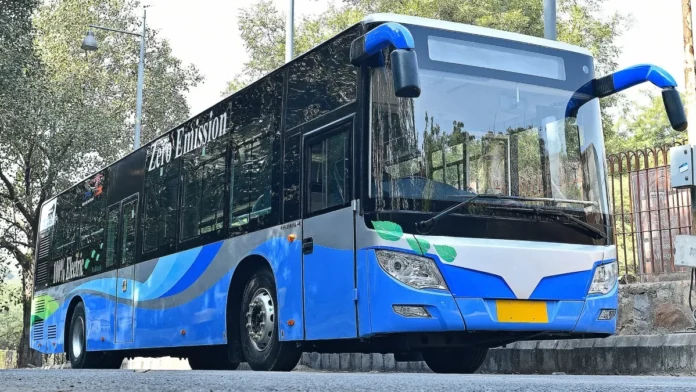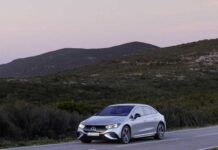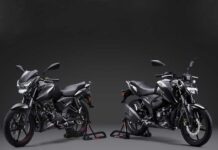
In a significant move towards sustainable urban transportation, the Delhi government has set a target to fully electrify its bus fleet by 2028. Transport Commissioner Ashish Kundra recently announced a groundbreaking agreement with Ashok Leyland’s EV subsidiary, Switch Mobility, for the procurement of 950 low-floor 12-meter electric buses.
Kundra revealed, “We have issued the Letter of Intent (LoI) for the company. The contract is for supplying the first lot, later we will sign a contract for the balance.” This landmark agreement marks a crucial step towards reducing Delhi’s carbon footprint and improving air quality.
Furthermore, the government has signed contracts with JBM Auto and PMI Electro Mobility for the deployment of 1,040 9-meter electric buses. As part of their ambitious roadmap, Kundra stated, “By 2025, we plan to have about 8000 e-buses, which will account for 80% of the overall e-bus fleet. In the next 4-5 years, we will reach 100% electric fleet.”
In August, the central government introduced the PM e-bus sewa scheme, aiming to deploy 10,000 e-buses in 169 Tier-2 and Tier-3 cities under a public-private partnership model. This scheme, with an estimated cost of INR 57,613 crore, will significantly boost electric mobility in India.
Delving into the details, the e-buses will operate in cities with populations ranging from three lahks to 40 lahks and will receive support for their operations over a decade. The buses will operate on a gross cost contract (GCC) mechanism, involving e-bus manufacturers leasing electric buses on a per-kilometer payment basis. The success of this model, along with advancements in charging infrastructure and battery technology, will be pivotal in driving the electric bus segment’s growth.
The Delhi government is also actively promoting last-mile connectivity to metro and bus stations with bids for 3000 electric high-speed and low-speed scooters and e-cycles in Dwarka Sun City. “In areas like Dwarka, we have started a pilot project. Depending on its acceptance, we will plan on launching this in other parts of the city,” Kundra stated.
Adopting a multimodal approach, the government is collaborating with players like Sun Mobility, Mahindra Electric, and Etrio Motors to enhance Delhi Metro’s connectivity.
Kundra envisions the transition to 100% electric three-wheeler goods vehicles in the near future. However, the shift in the passenger category may take some time and will require collaboration with auto-rickshaw associations.
The Delhi Electric Vehicle Policy, which expired on August 8, 2023, is under revision. Transport Minister Kailash Gahlot confirmed that they would extend the existing policy for six months or until the new one is ready. The upcoming EV Policy 2.0 will focus on incentivizing vehicle retrofitting to address the cost factor.
Delhi is undeniably on an electrifying path, with comprehensive plans and agreements aimed at transforming its transportation landscape for a cleaner, greener future.









